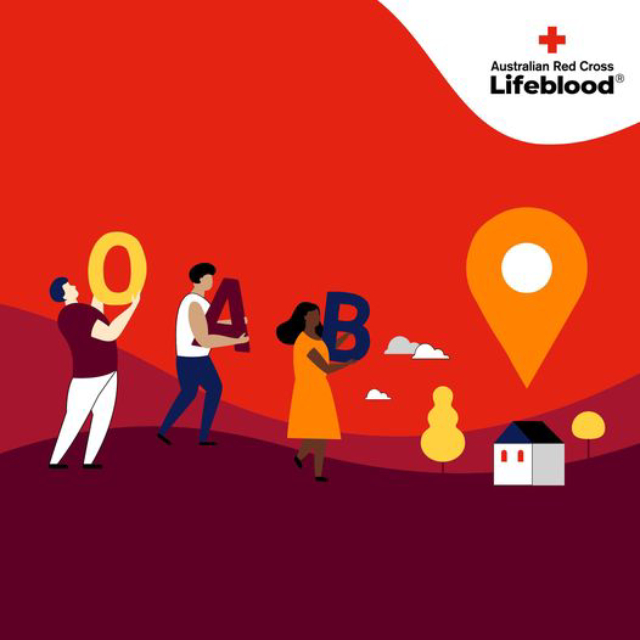Your Health is Your Wealth- Insomnia
What is general insomnia? is characterised by difficulty falling or staying asleep. Common symptoms include feeling tired and groggy upon waking, waking up too early in the morning, or waking frequently throughout the night and having trouble falling back asleep. You may feel sleepy during the day and easily become irritable. Insomnia can be acute or chronic, and there are many factors that may cause insomnia.
Contributing factors to general insomnia
• emotional or psychological stress, worry, and/or anxiety associated with significant life events, such as job loss/change, death of loved one, or divorce;
• elevated levels of circulating stress hormones, impacting and ‘revving up’ your adrenal glands;
• warm room and/or environmental temperature;
• bright sleeping quarters and exposure to TV/cell phone screens prior to sleep;
• exercising too late;
• drinking alcohol too late; and
• ingestion of caffeine and nicotine late in the evenings.
Medical causes of insomnia
There are many medical conditions (some mild and others more serious) that can lead to insomnia. In some cases, a medical condition itself causes insomnia, while in other cases, symptoms of the condition cause discomfort that can make it difficult for a person to sleep.
Examples of medical conditions that can cause insomnia are:
• Nasal/sinus allergies
• Gastrointestinal problems such as reflux
• Endocrine problems such as hyperthyroidism
• Arthritis
• Asthma
• Neurological conditions such as Parkinson’s disease
• Chronic pain
• Low back pain
What is the optimal amount of sleep per night, according to the experts?
For adults the ideal amount of sleep is 7-8 hours per night. Researchers found that 7-8 hours of sleep per night was associated with increased self-esteem and greater optimism in comparison to 6 hours or less of sleep. It’s been found that even a single night of 4-6 hours of sleep can impact your ability to think clearly the following day. Regularly sleeping for less than 6 hours per night increases your risk of premature death by 12%. That’s not a statistic to shrug at!
The amount of sleep will greatly depend and vary with age, lifestyle, stress levels, health etc., but the average adult should strive for the gold standard of 7-8 hours. Babies, children, and teenagers will require more sleep. The irony of our youth—we had luxury of time, free nights, and summer mornings to sleep in. As working adults with young children, a weekend lie-in, evening tea, and an early bedtime have become a harder routine to acquire!
What happens to our bodies when we don’t sleep?
Without sleep, we become a taller version of a two-year old! Mood swings, day time drowsiness, and brain fog are some of the inconspicuous side-effects of poor sleep. These symptoms are signs of more serious negative health effects that are happening to your body. Other effects of poor sleep include:
• increased release of the stress hormone, cortisol, which can lead to brain cell death;
• increased blood pressure and heart disease risk;
• increased insulin release, leading to decreased ability to breakdown fat and increased hunger;
• constipation, stomach ulcers, digestive impairment;
• decreased release of growth hormone and thyroid hormones, leading to accelerated aging and poor brain restoration; and
• decreased immunity and the reduced ability to defend yourself against infections.
What can you do?
It’s best to practice proper ‘sleep hygiene’ and get yourself into a bedtime routine. This includes turning off technology 60 minutes before bed, sleeping in complete darkness, keeping a cool room temperature, and avoiding the use of loud alarm clocks. Waking up is hard enough without the blaring of a deafening alarm clock on your bedside table!
God Bless
Dr Ash Mina
Principal Scientist | NSW Health Pathology
Ph.D., M.Sc.(Clin Biochem), B.Sc.(Hons), Grad Dip (Biochem Nutrition), Grad Dip (Micro), MACMSR, MAIMS.
Institute of Clinical Pathology and Medical Research (ICPMR), Westmead Hospital.
Senior clinical lejjcturer, Faculty of Medicine, Sydney University.
Address: Locked Bag 9001, Westmead NSW 2145.



